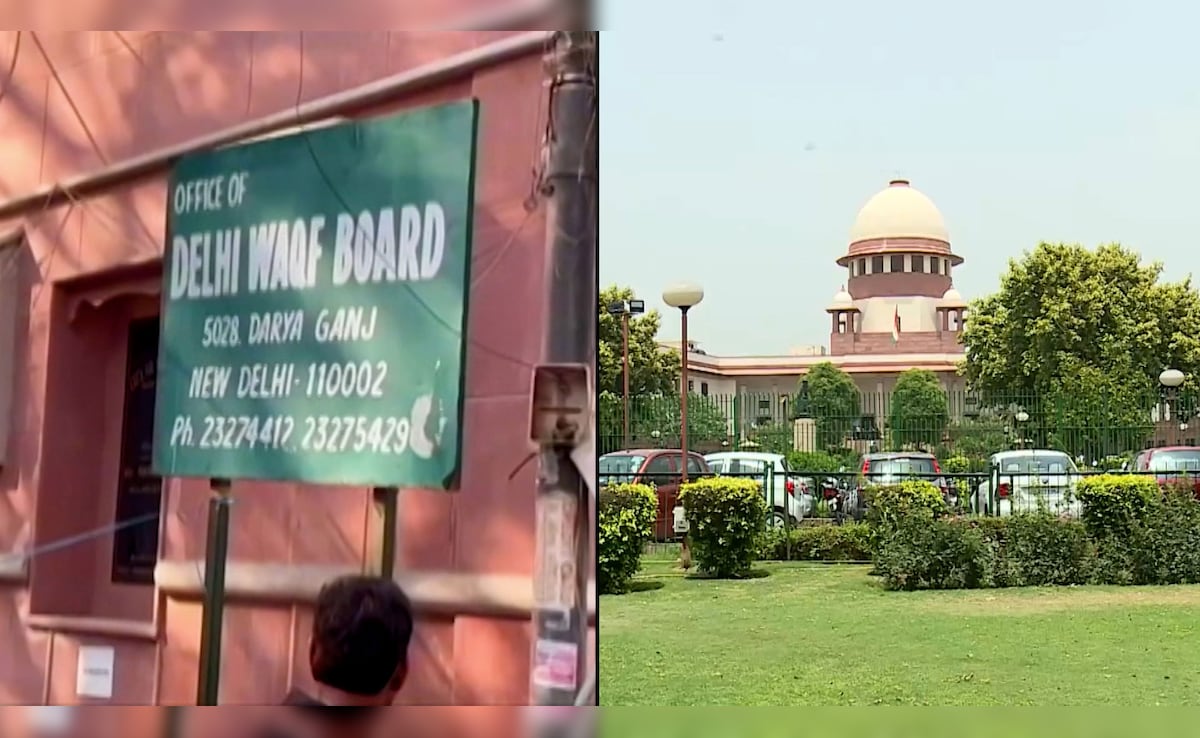On Monday afternoon, the Internet in Almaty came back â at least for a little while â as the smell of burned vehicles slowly dissipated. It was here that the most violent clashes Kazakhstanâs sweeping anti-government protests took place over the last week. Government officials said at least 164 people died during the demonstrations â and 103 of those fatalities were in Almaty.
Nearly 8,000 people have been detained across the country, Kazakhstanâs Interior Ministry said Monday.
Protests that started in Kazakhstanâs western regions last weekend because of a spike in energy prices morphed into a challenge of former president Nursultan Nazarbayevâs regime and spilled over into other parts of the country. Nazarbayev, the 81-year-old who ruled for three decades and maintained a âFather of the Nationâ title that gave him sway behind the scenes, has not been seen in public since the demonstrations started.
In comments Monday, President Kassym-Jomart Tokayev said the events of the past week were an attempted coup dâetat and he would soon present proof to the international community.
On Jan. 5, Tokayev called on the Collective Security Treaty Organization, a Russia-led military alliance, to send in âpeacekeepingâ forces to help âstabilizeâ Kazakhstan. The approximately 2,500 troops remain in the country but are expected to soon depart, Tokayev said. Russian President Vladimir Putin said Friday that the CSTO would not allow destabilizing âcolor revolutions.â
Color revolutions refer to the popular uprisings in Eastern Europe during the 2000s that Russian officials say were organized by the West to topple Moscow-aligned governments.
Tokayev and other officials in Kazakhstanâs government have repeatedly portrayed those who participated in the unrest as trained âterrorists,â in many cases from abroad. It has not presented any evidence to substantiate those claims.
Kazakh embassies emailed reporters from foreign news organizations on Monday morning with statements from the Foreign Ministry branding the international coverage of the crisis as âclearly superficial and one-sided.â
âCurrently, the law enforcement agencies and armed forces of Kazakhstan are confronting terrorists, not âpeaceful protestersâ as some foreign media misrepresent it,â the ministry said in the statement, claiming, without evidence, that the âthe attackers include individuals who have military combat zone experience in the ranks of radical Islamist groups.â
After the country declared a state of emergency Wednesday, foreign journalists were denied entrance into Kazakhstan, and the Internet blackout further limited the flow of information.
In Almaty, people are largely divided into two groups: those who praise the protesters for standing up to the government and those call them âbanditsâ damaging the city. There remains confusion and speculation as to how peaceful demonstrations escalated into violence â and if it was intentionally stoked by armed militants who hijacked the uprising for unclear reasons.
âThere are two protests in Kazakhstan,â said Kassymkhan Kapparov, an activist with the Oyan, Qazaqstan (Wake up, Kazakhstan) civil rights group. âOne was caused by a surge of price for [liquefied petroleum gas] in western Kazakhstan, which is a peaceful demonstration. And what we saw in Almaty is an attack of armed criminals on the city. We have no clue who are these people. Locals would never do such awful things.â
During the unrest, Internet might be restored for one hour a day in the capital of Nur-Sultan â precious time to check-in with family members. In Almaty, even those brief windows didnât exist, and citizens were encouraged to stay home as security forces conducted an âanti-terrorist operationâ in the streets. During a nationally televised address on Friday, Tokayev issued a âshoot-to-killâ order â though many people didnât even know about it because their home televisions depended on Internet.
With no access to the outside world, people read books and played boardgames. Neighbors talked to each other. Phone calls within the country worked and thatâs when the rumors were exchanged â some as extreme as talk of foreign snipers targeting civilians on the street.
A text message from the government told citizens that a handful of news websites were available despite the Internet blockade, so people checked those for updates. Still, it was unclear what information could be trusted.
On Monday, some people had started to venture out of their homes into Almatyâs strangely deserted streets. Stores were closed for several days last week, meaning getting even basic food supplies had been a challenge. The few that were open had long lines â and items such as bread, eggs, rice and flour were all sold out. People relied on leftovers from their New Yearâs celebrations.
As the clashes died down and the smell of burning in the city slowly drifted away, the signs of the unrest were still everywhere. A part of the city hall building was set ablaze. Stores and restaurants across the city had broken windows. Some have been looted.
There is worry that the original purpose of the protests will be lost amid the destruction and subsequent crackdown.
âI wanted the government to hear us,â said Ulan Maratuly, a 23-year-old food delivery courier who protested in Almaty on Jan. 4.
âThe authorities seem to have no idea how we live, how we survive with our small earnings as prices get higher and higher,â he said. âI work a lot every day and earn around $300 per month spending all the money on food. Where do authorities waste all the money coming from oil exports? Why they donât help people like me?â
Read more:
.png)











 English (United States) ·
English (United States) ·  Turkish (Turkey) ·
Turkish (Turkey) ·